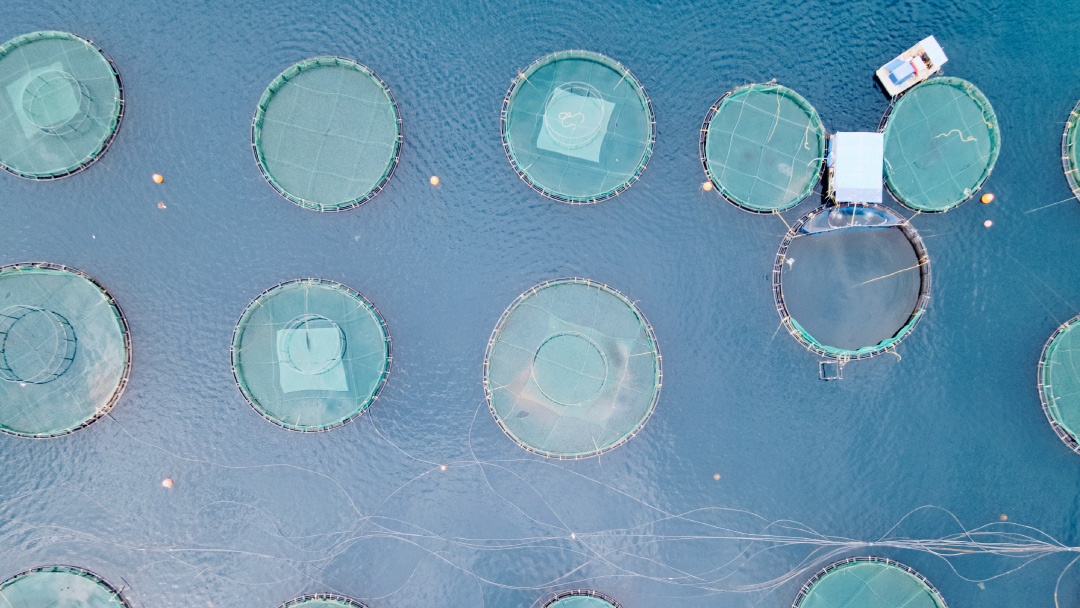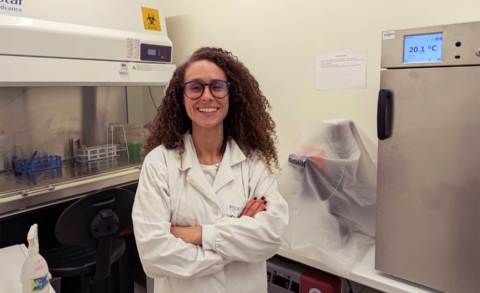 FAO - Granja de acuicultura | Christos Masoyras
FAO - Granja de acuicultura | Christos Masoyras
The 47th session of the General Fisheries Commission for the Mediterranean (GFCM), held last week in Rome, marked a significant step toward in promoting the sustainability of fisheries and aquaculture in the region.
Attended by 20 countries and European Union, the meeting resulted in 17 key decisions, including 12 bindings recommendations.
Miguel Bernal, GFCM Executive Secretary, highlighted the organisation’s role as the regional fisheries management authority with the power to issue binding recommendations. He emphatised the member’s shared commitment to tackling the “increasing challenges in the fisheries and aquaculture sector.”
In the field of aquaculture, countries acknowledged the progress made in advancing the sector’s sustainability and noted the success of numerous support programmes introduced across the region over the past year.
A key outcome of the session was the agreement to create a network for monitoring emerging aquaculture diseases, which have been exacerbated by climate change. This initiative aims to mitigate risks associated with trade and safeguard the sector’s productivity.
Furthermore, the adoption of principles for encouraging responsible investment in aquaculture was another highlight. These principles aim to enhance the sector’s appeal to investors while reinforcing its critical role in global food security.
As delegated noted during the session, aquaculture now supplies more aquatic food than wild capture fisheries and play a pivotal role in food security, livelihoods, and the achievement of the United Nations Sustainable Development Goals (SDGs). However, the long-term sustainability of the sector hinges on responsible investments that integrate environmental, social, and governance criteria.
The GFCM, in collaboration with its partners, is actively working on defining principles to guide responsible aquaculture investments. These principles will enable organisations and financial institutions to better tailor their funding strategies and attract private capital to drive the sustainable growth of the sector.
To support this, the GFCM plans to hold technical consultations and develop guidance, particularly aimed at small-scale aquaculture farms, while collaborating with countries and stakeholders to establish regulatory and administrative frameworks conducive to responsible investment.
By fostering an environment where responsible investment can thrive, the GFCM aims to ensure that aquaculture continues to play a vital role in the region’s sustainable development.


